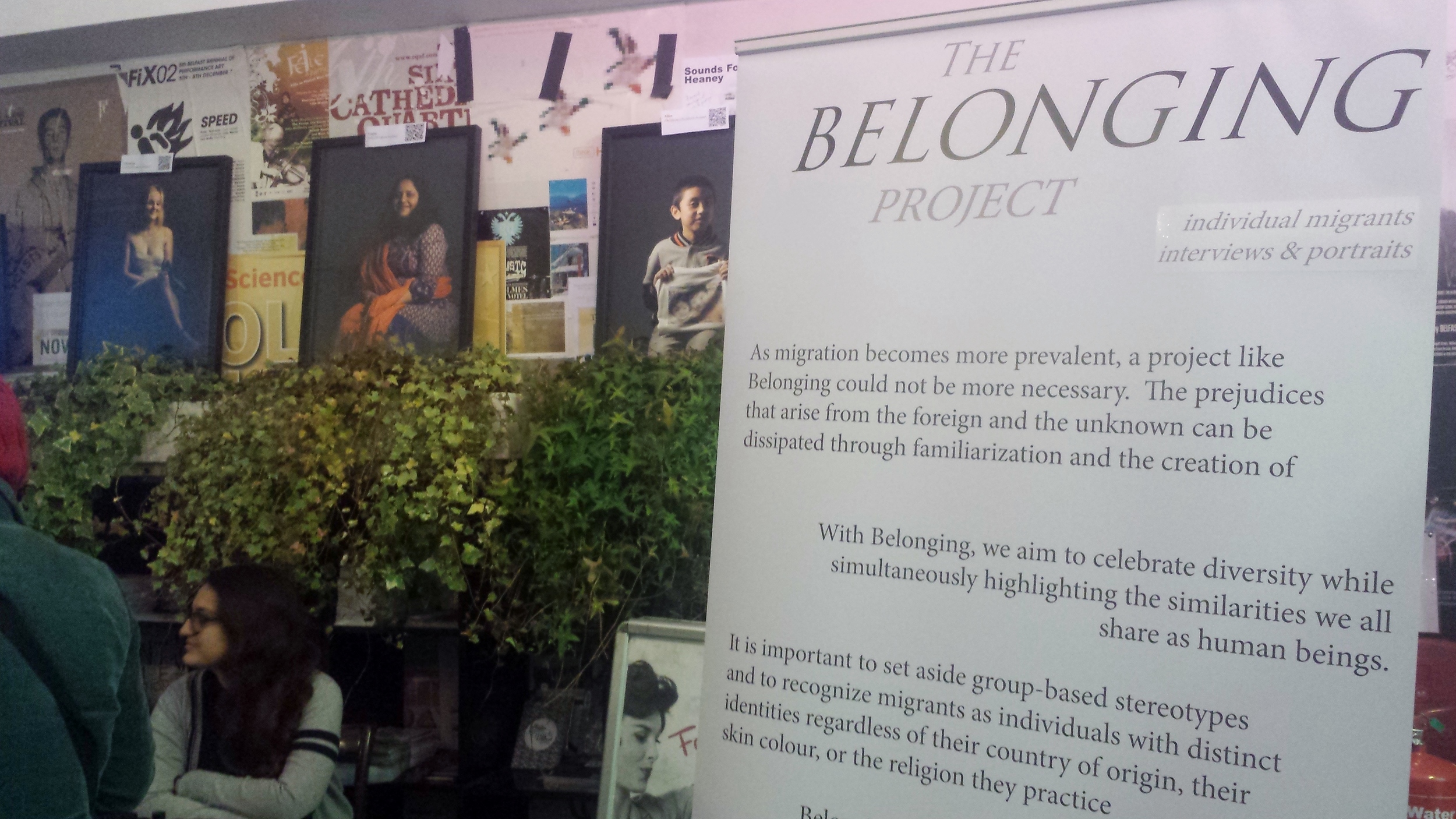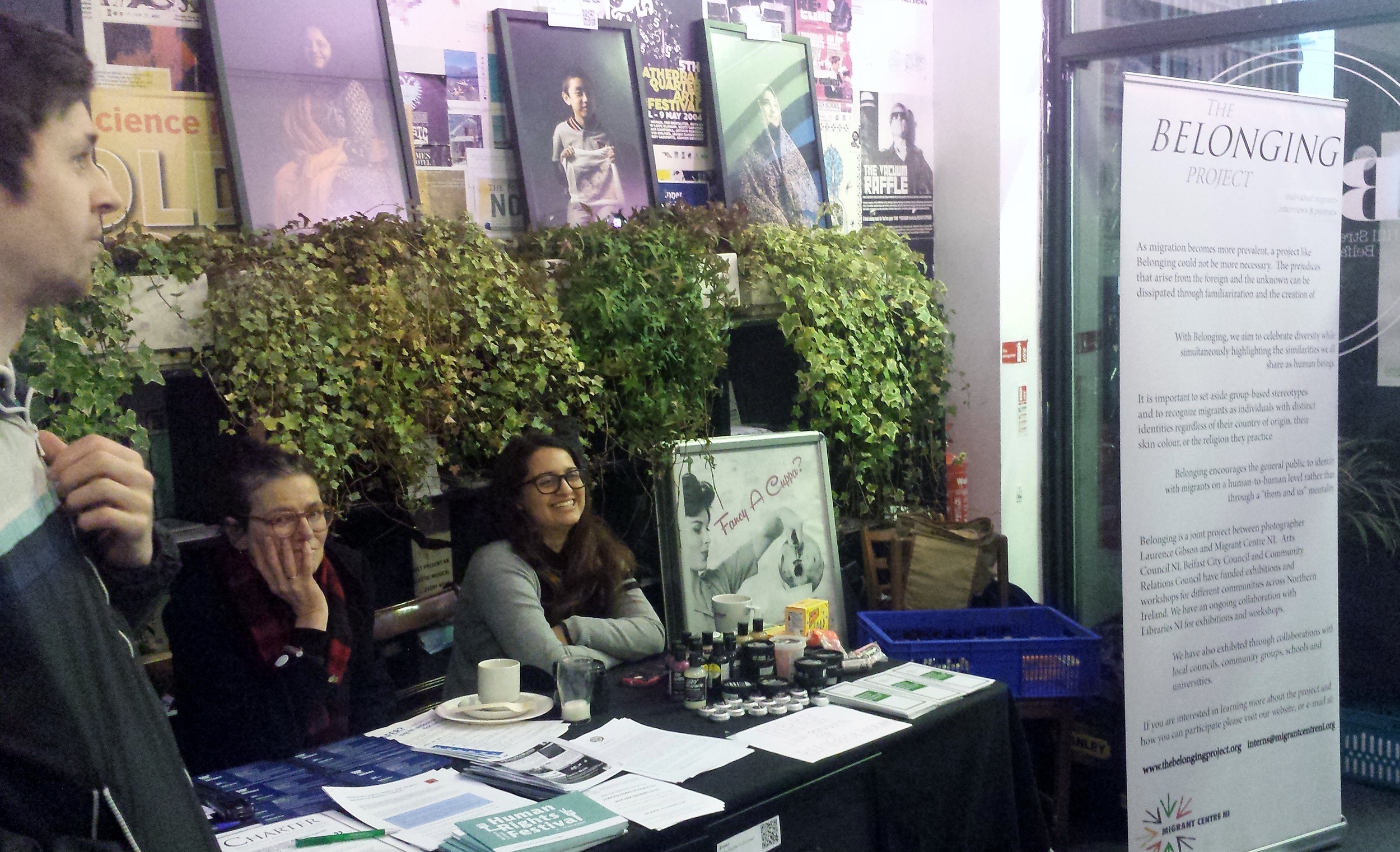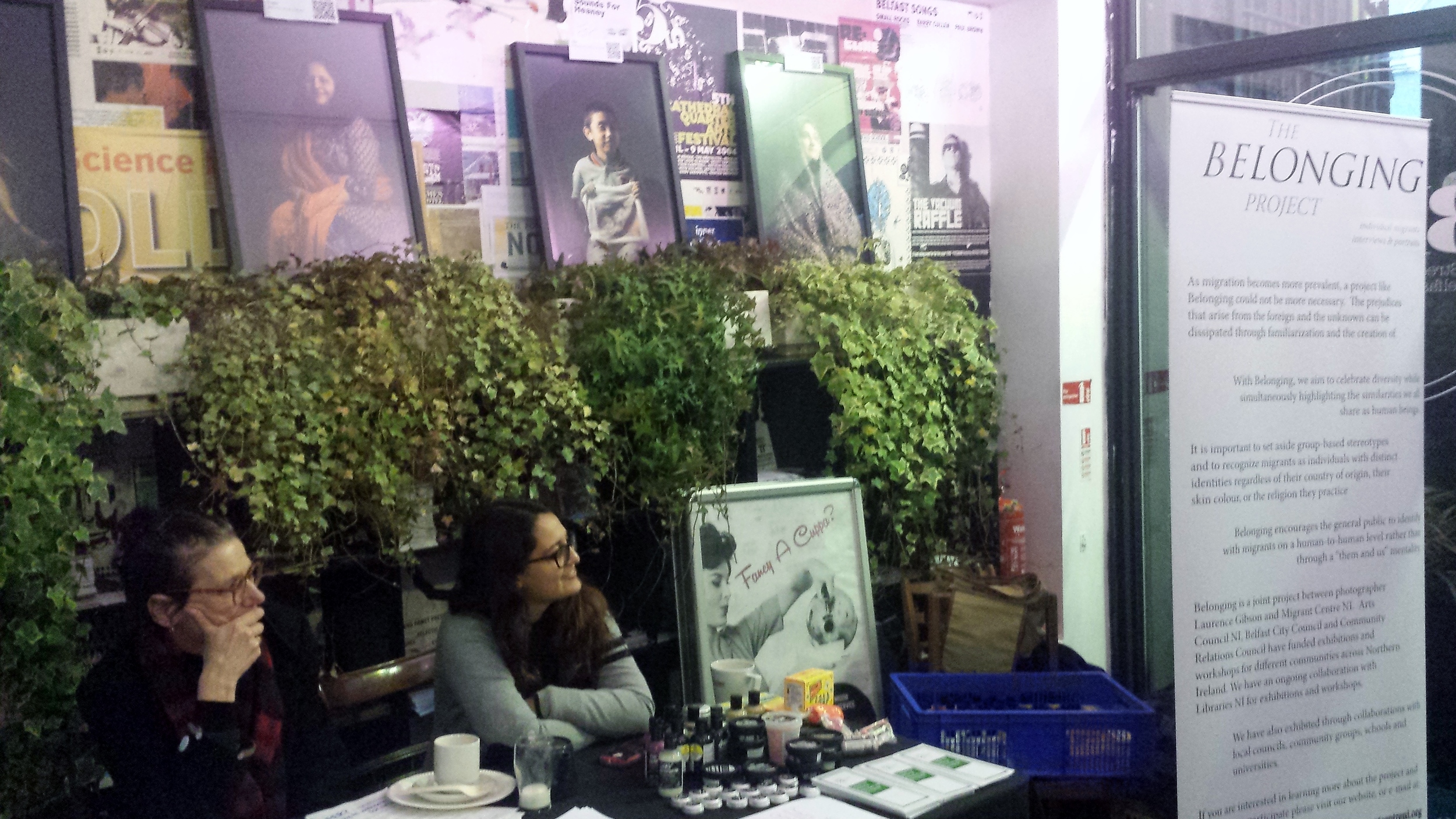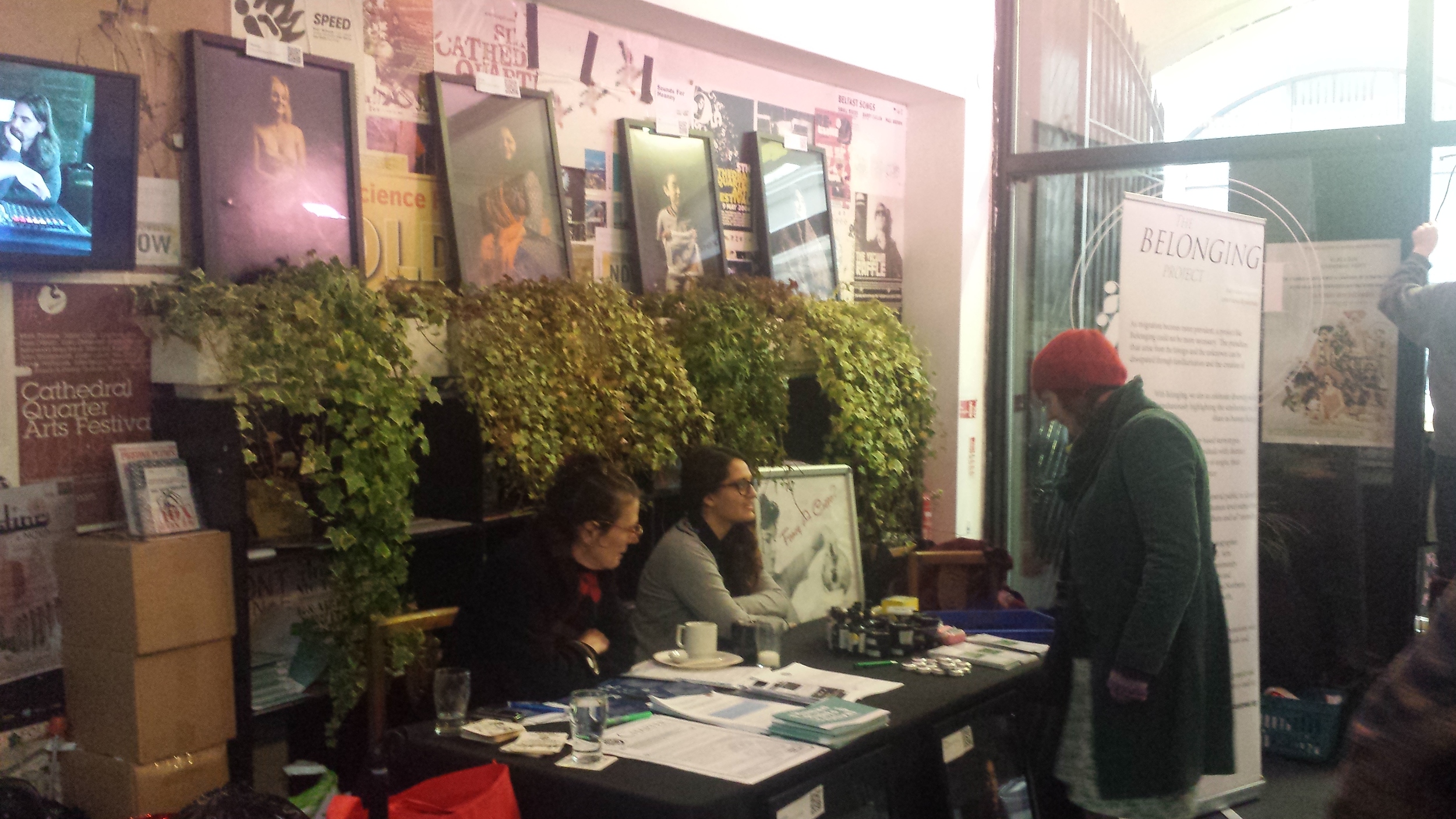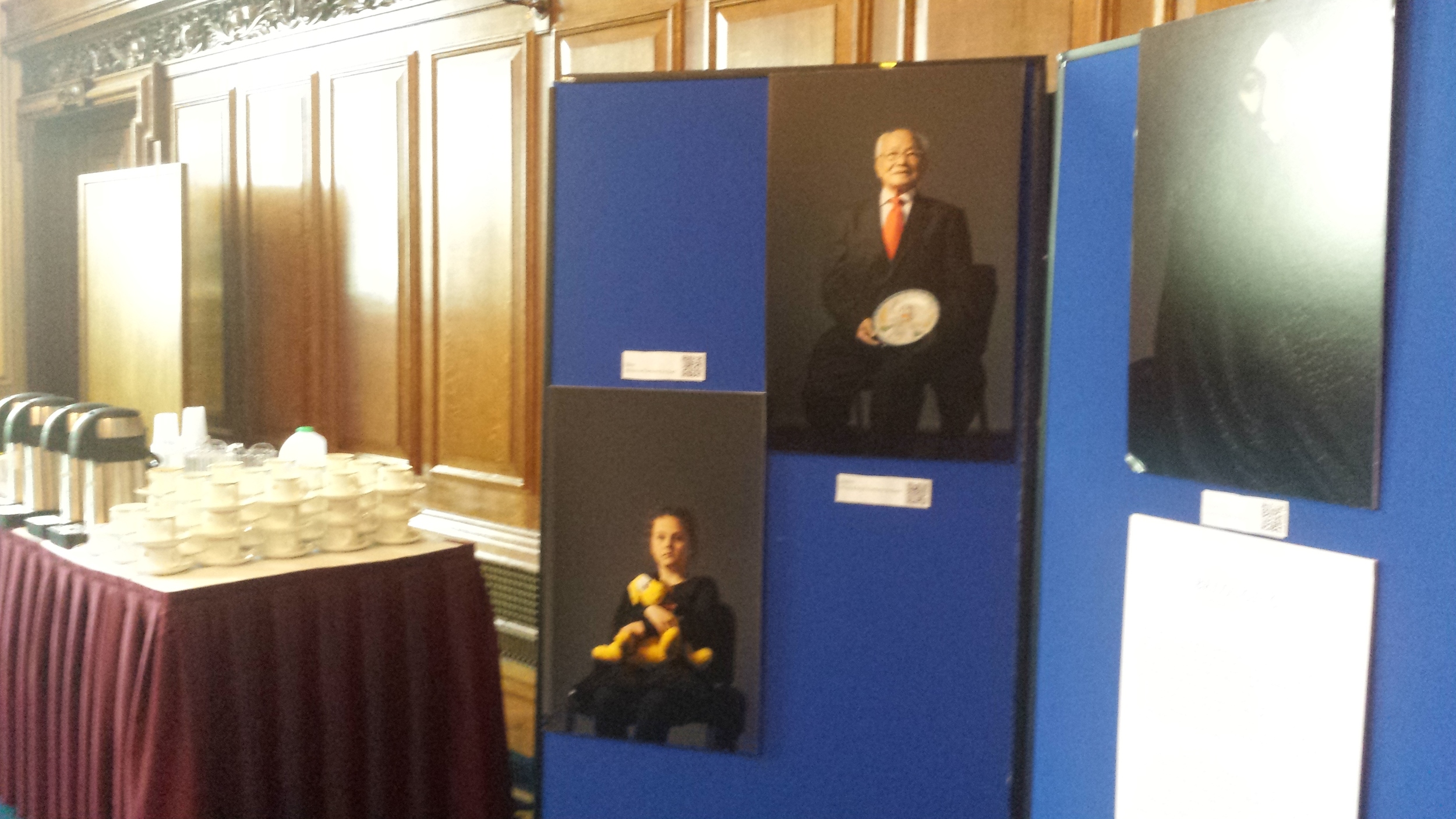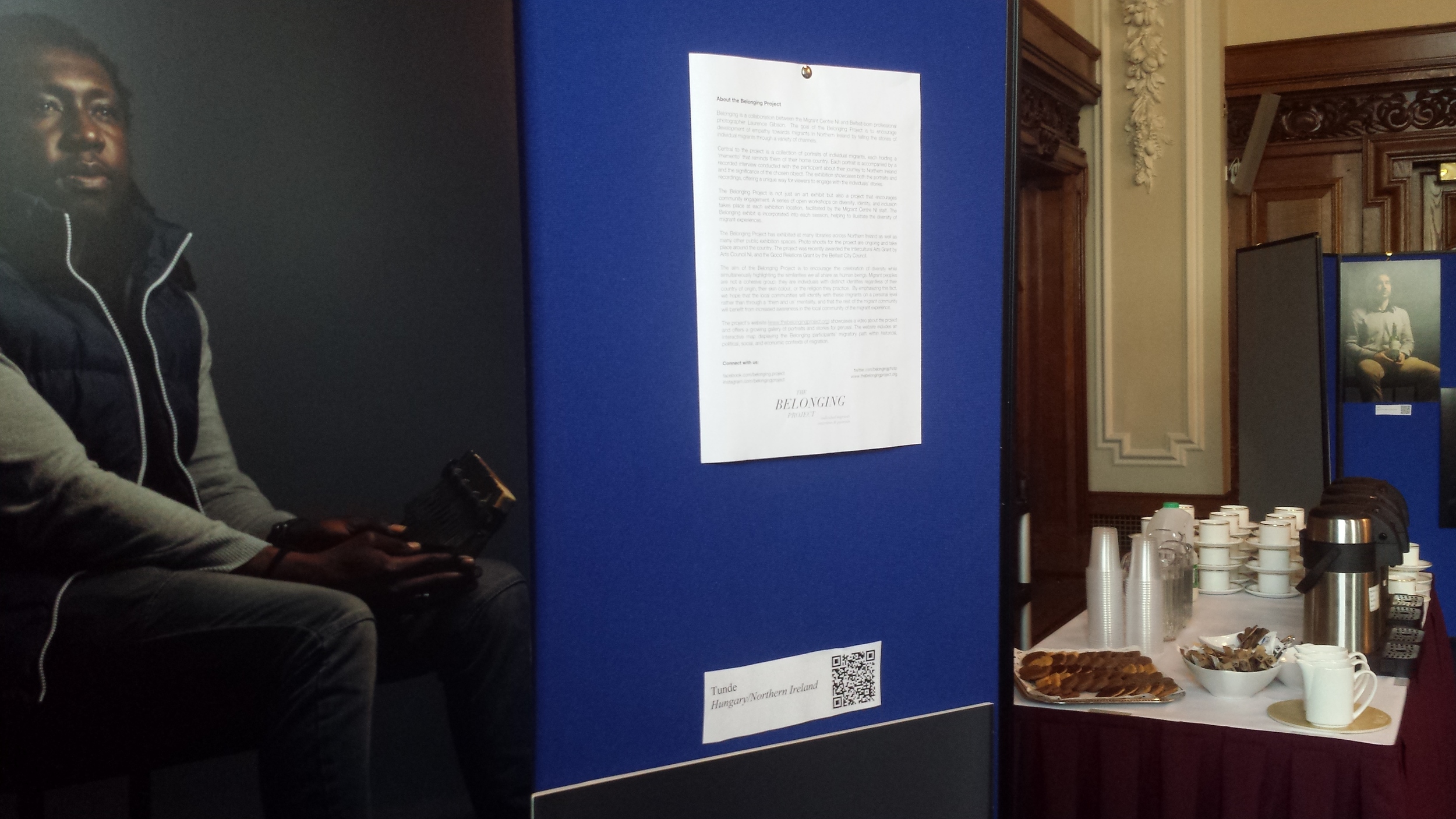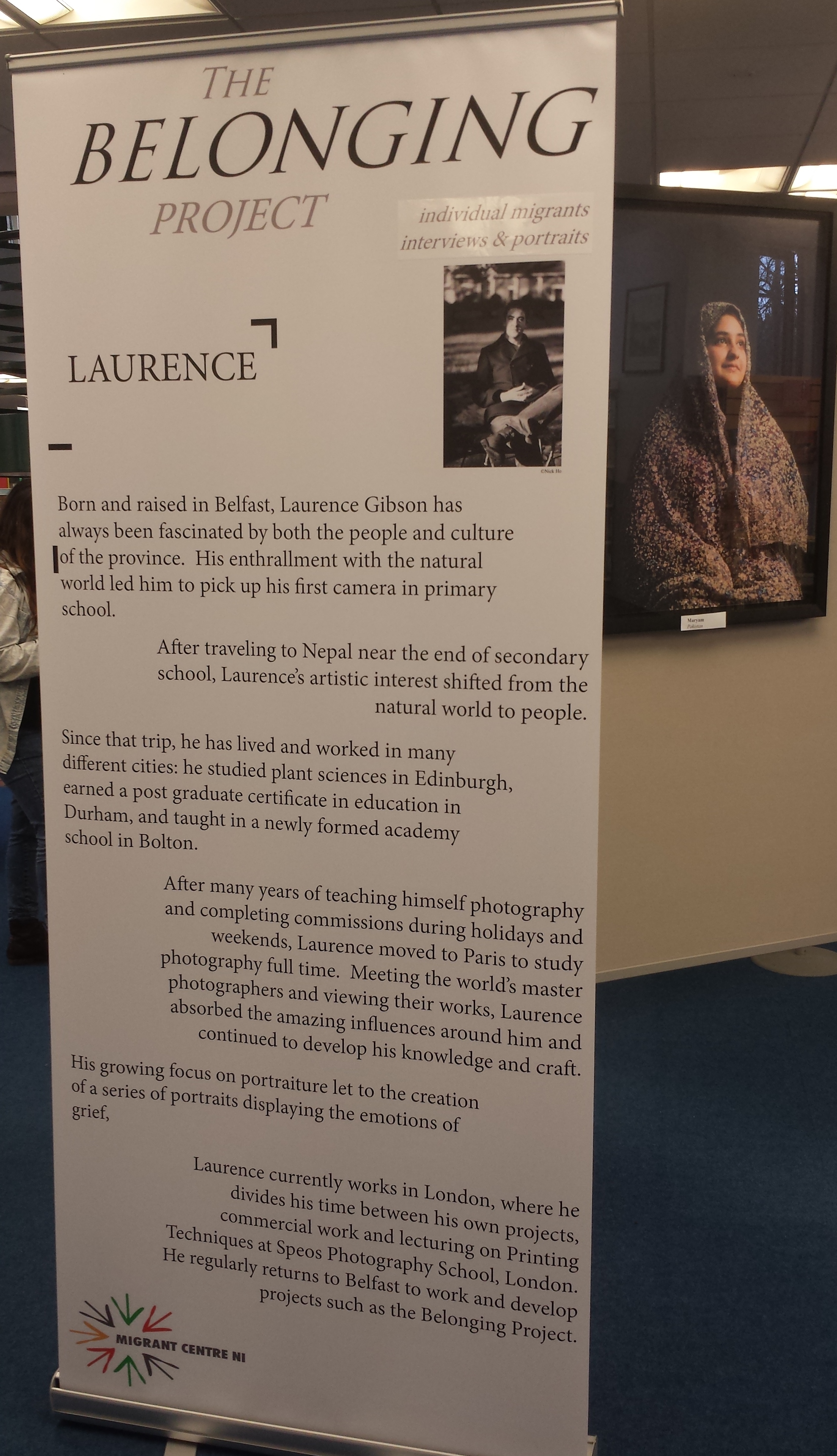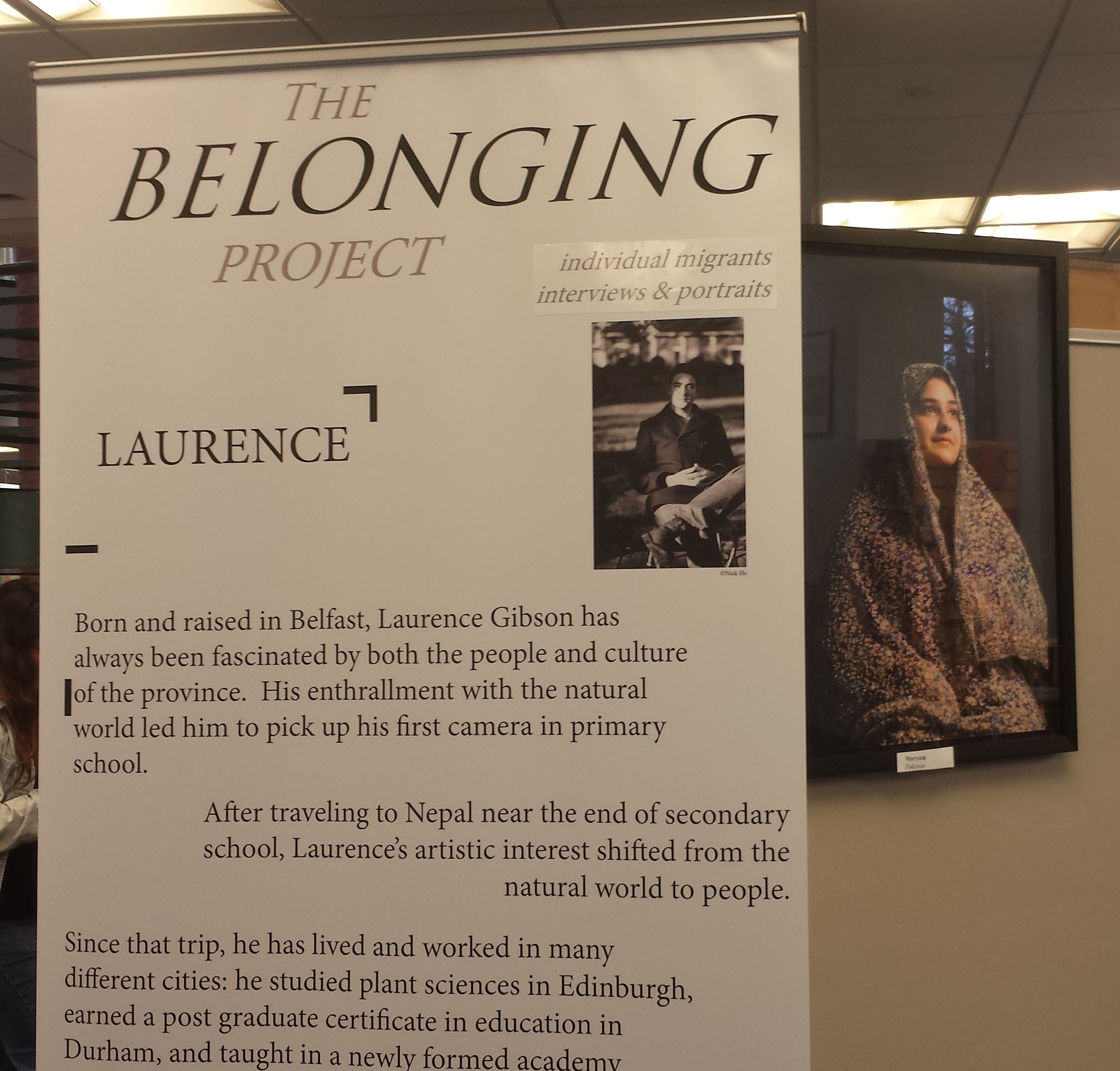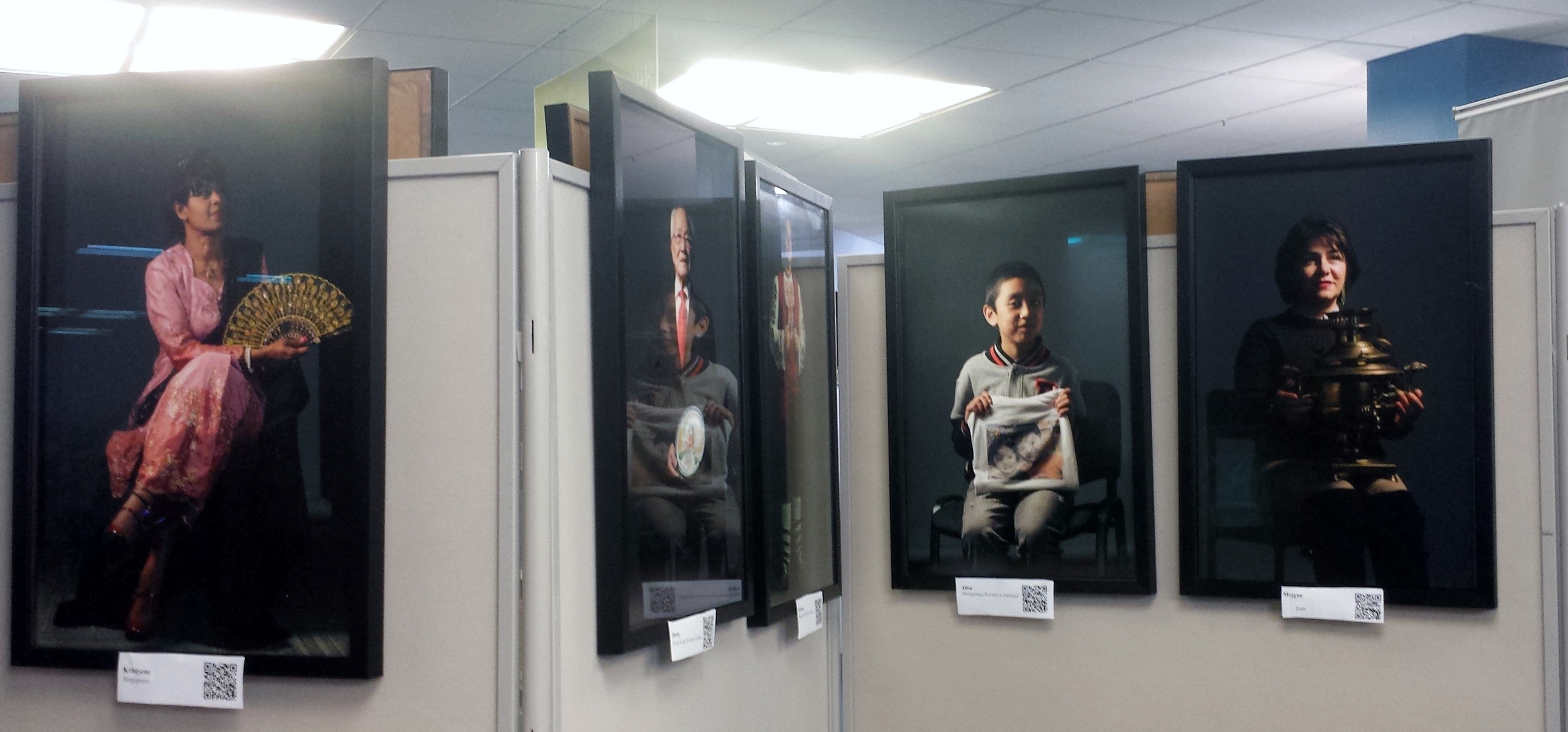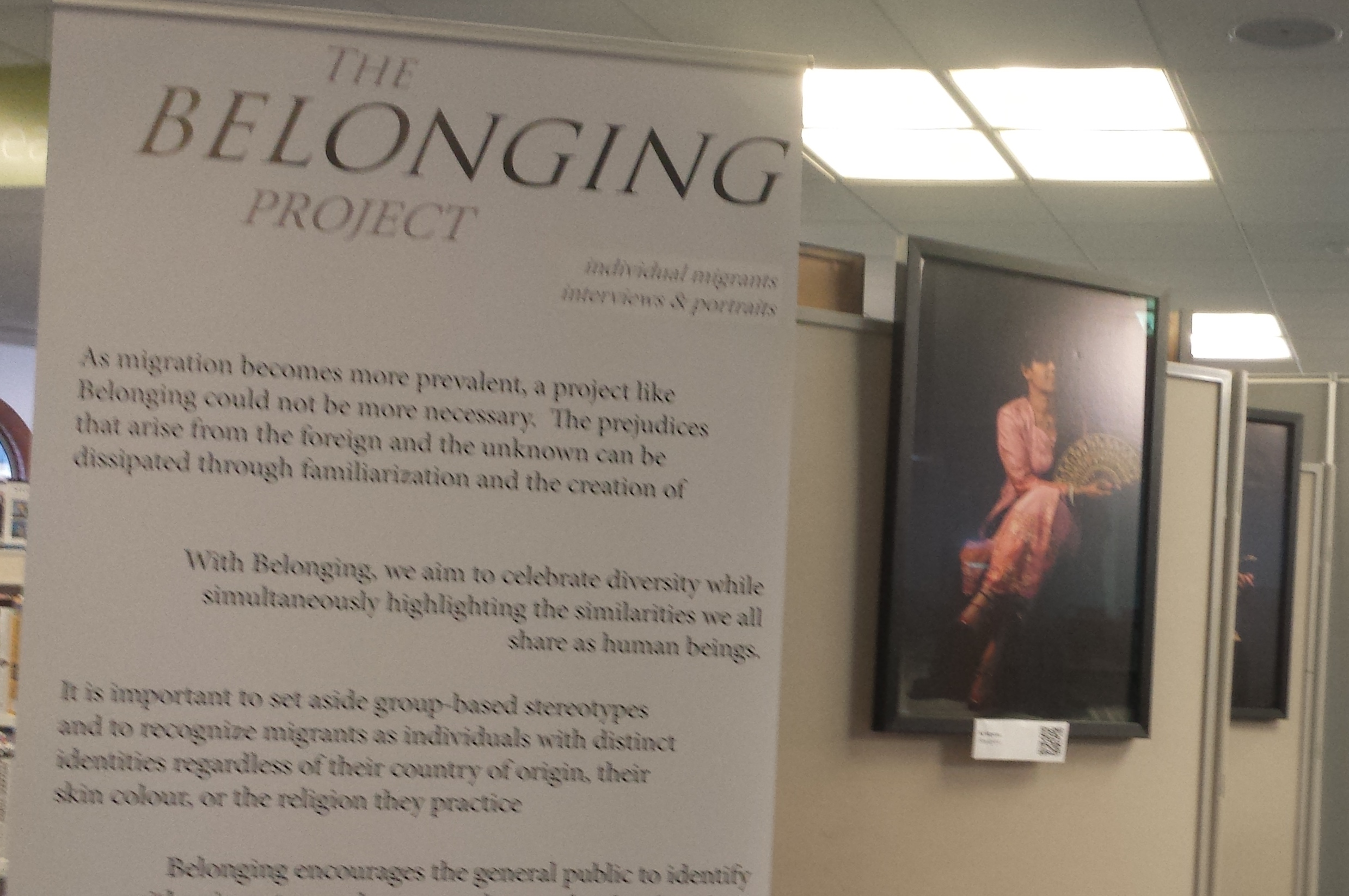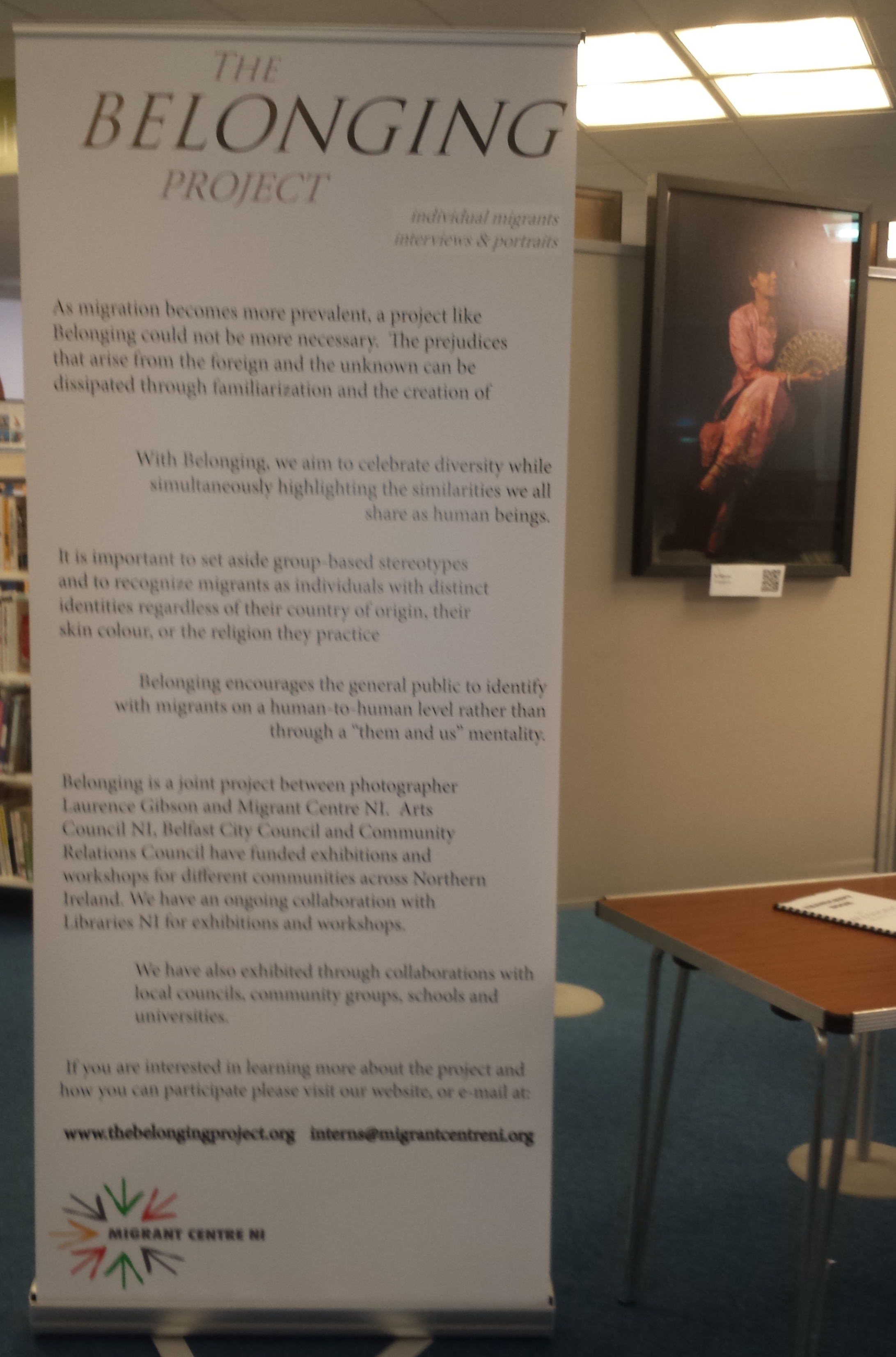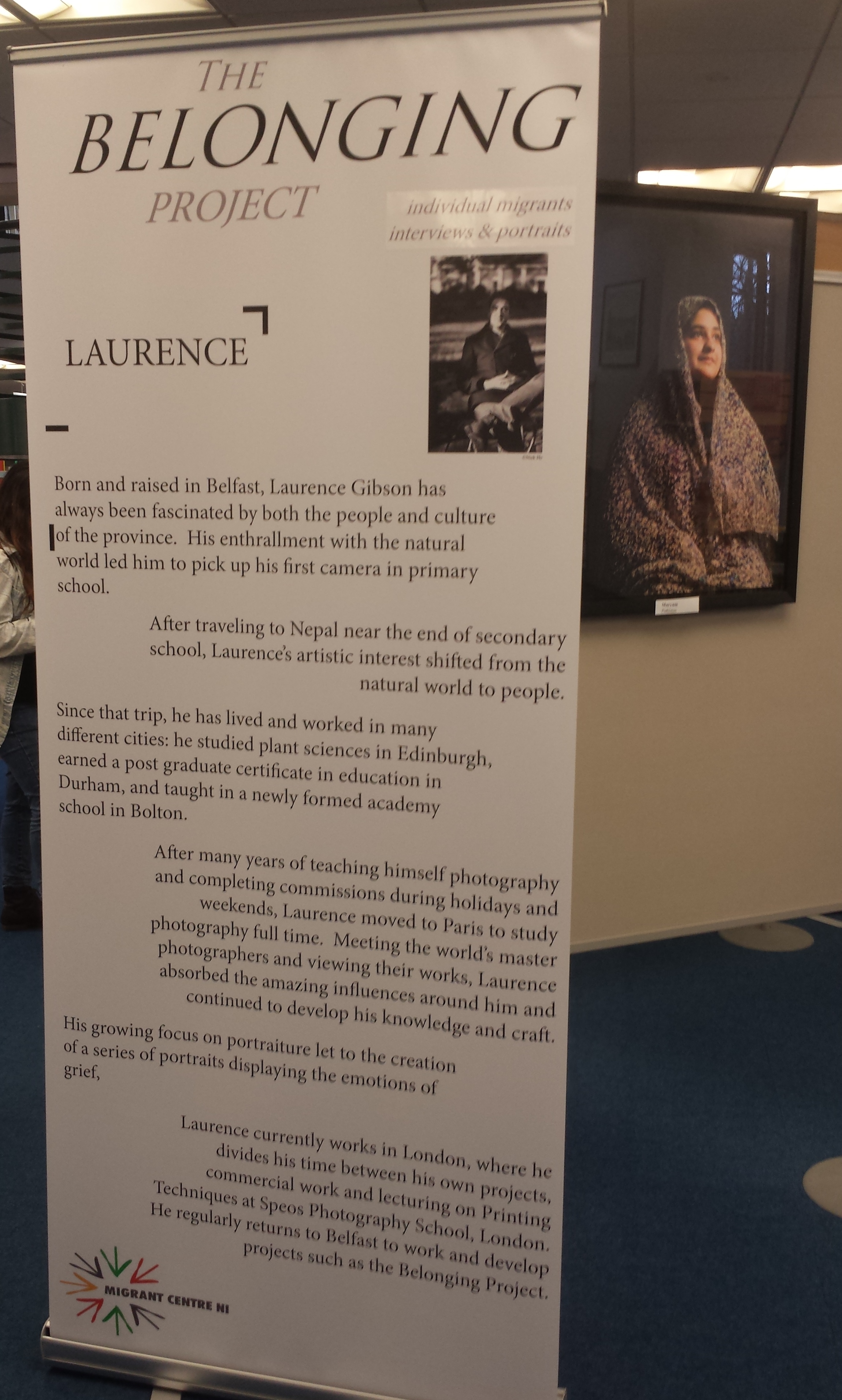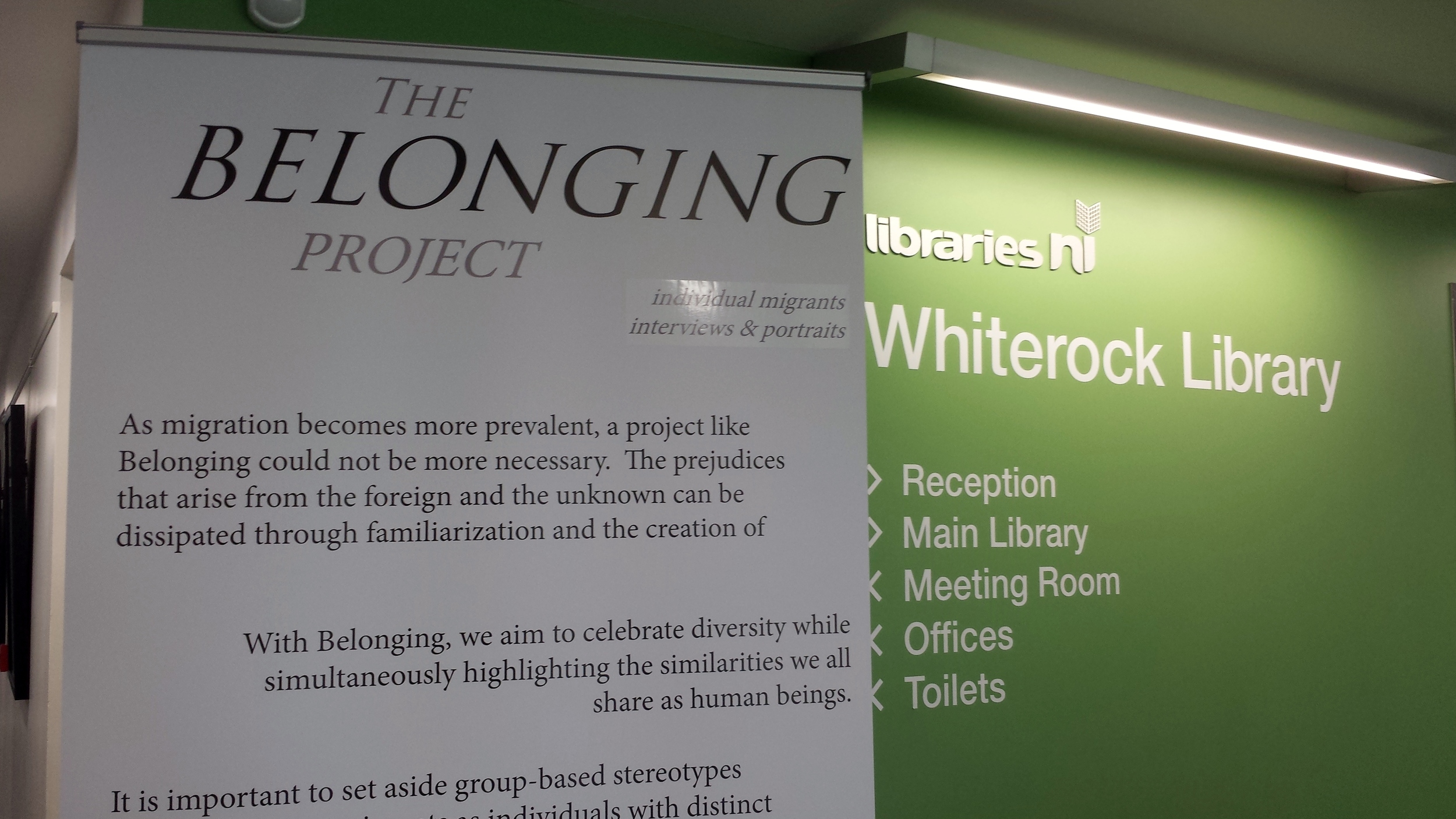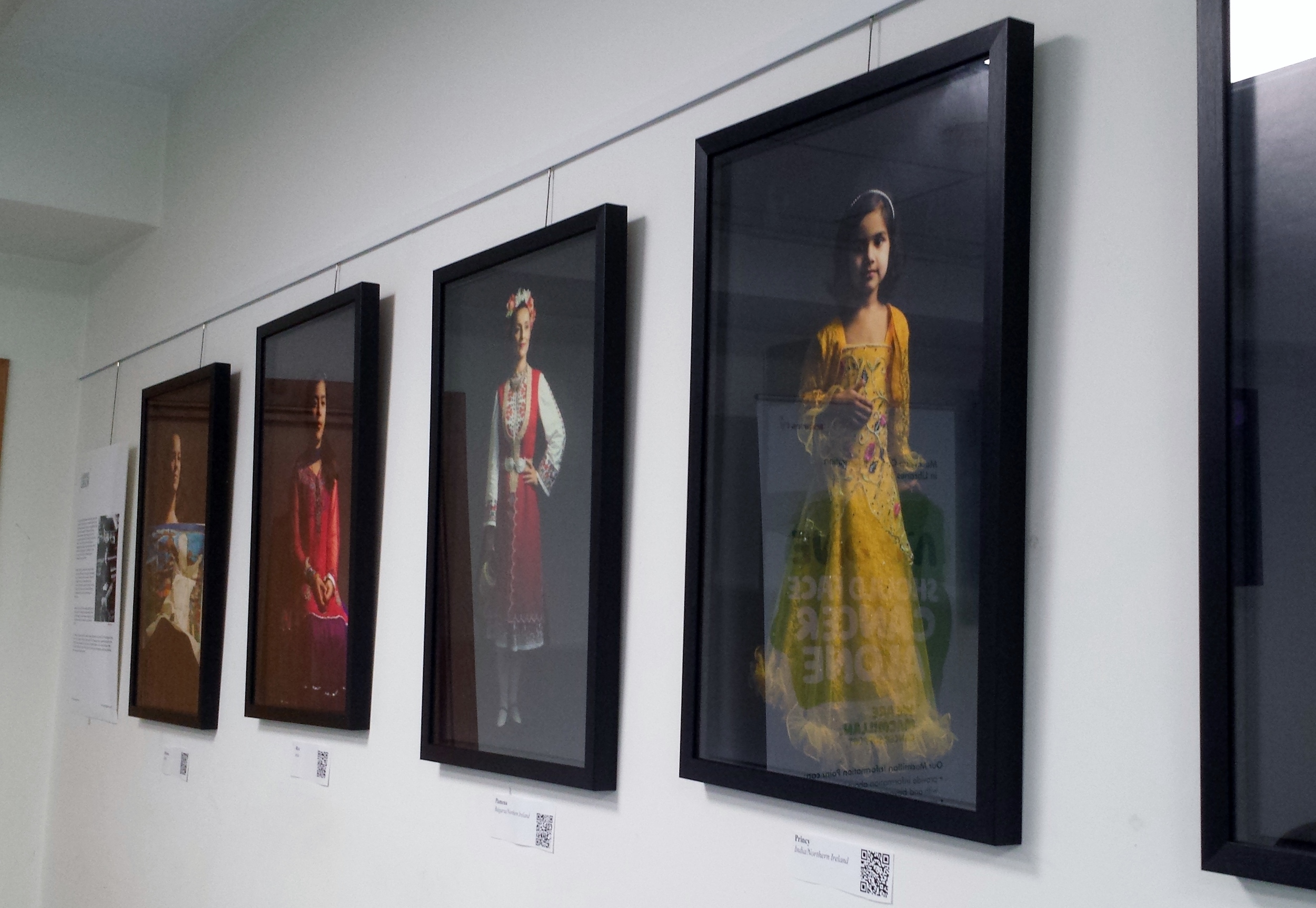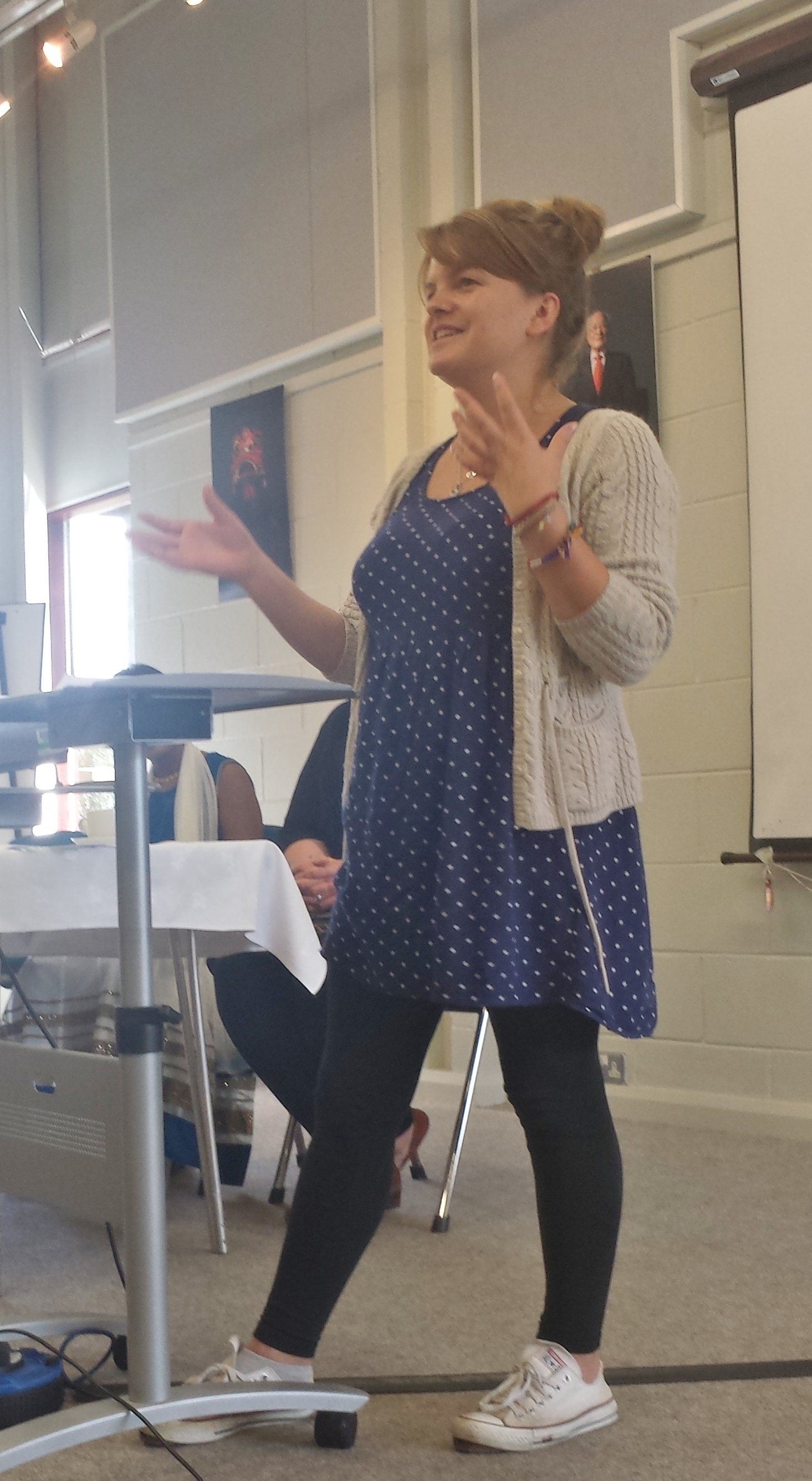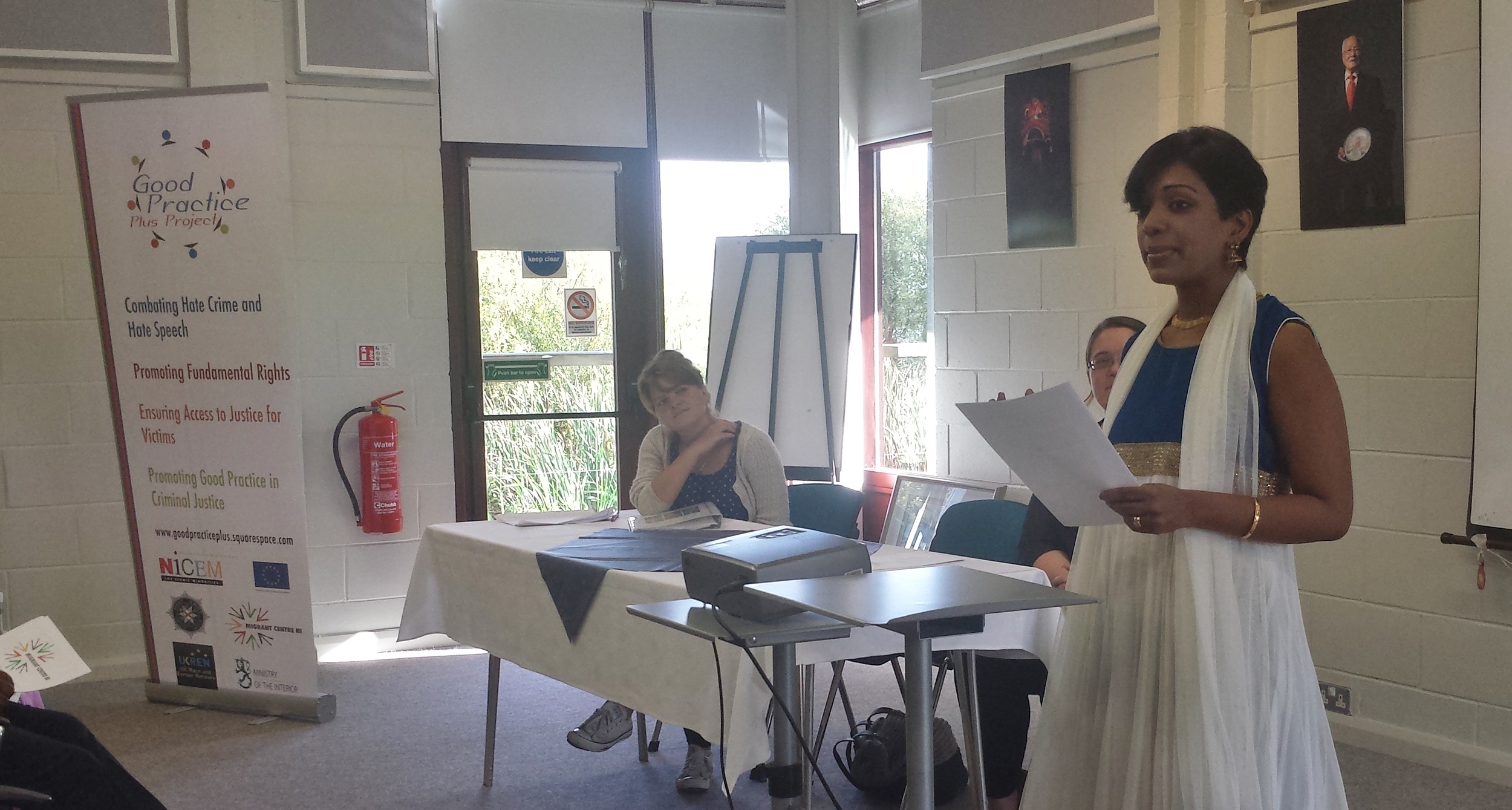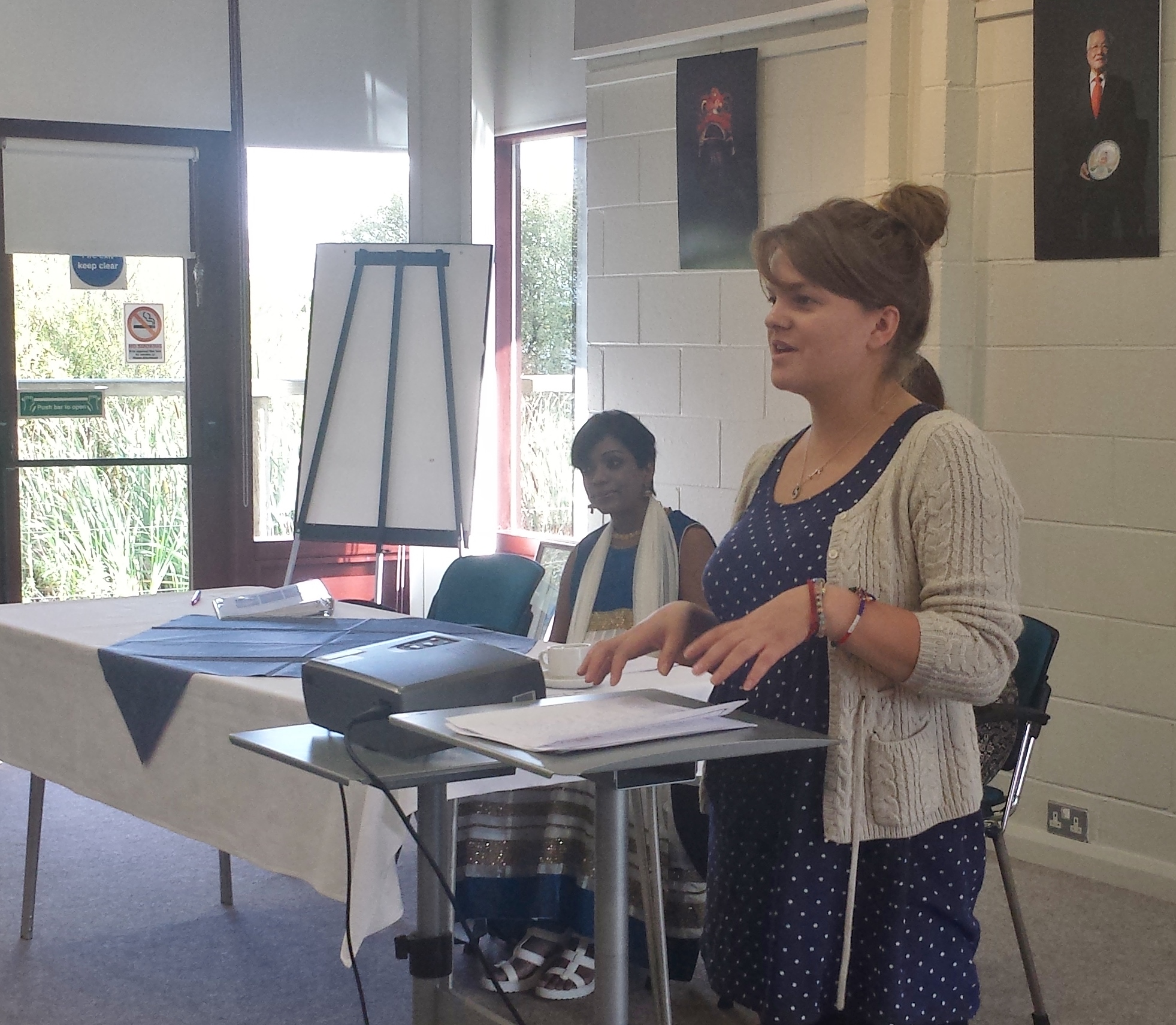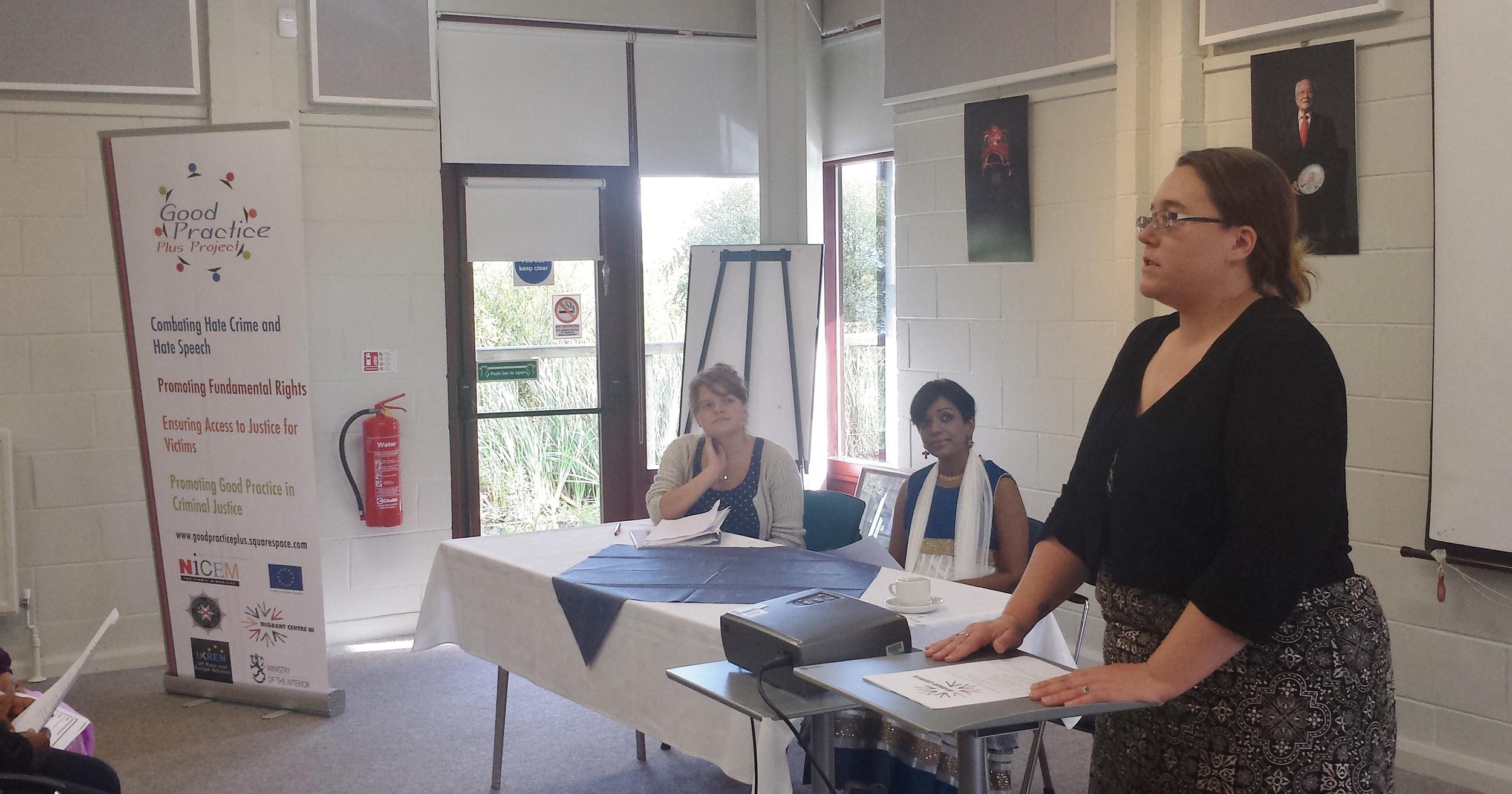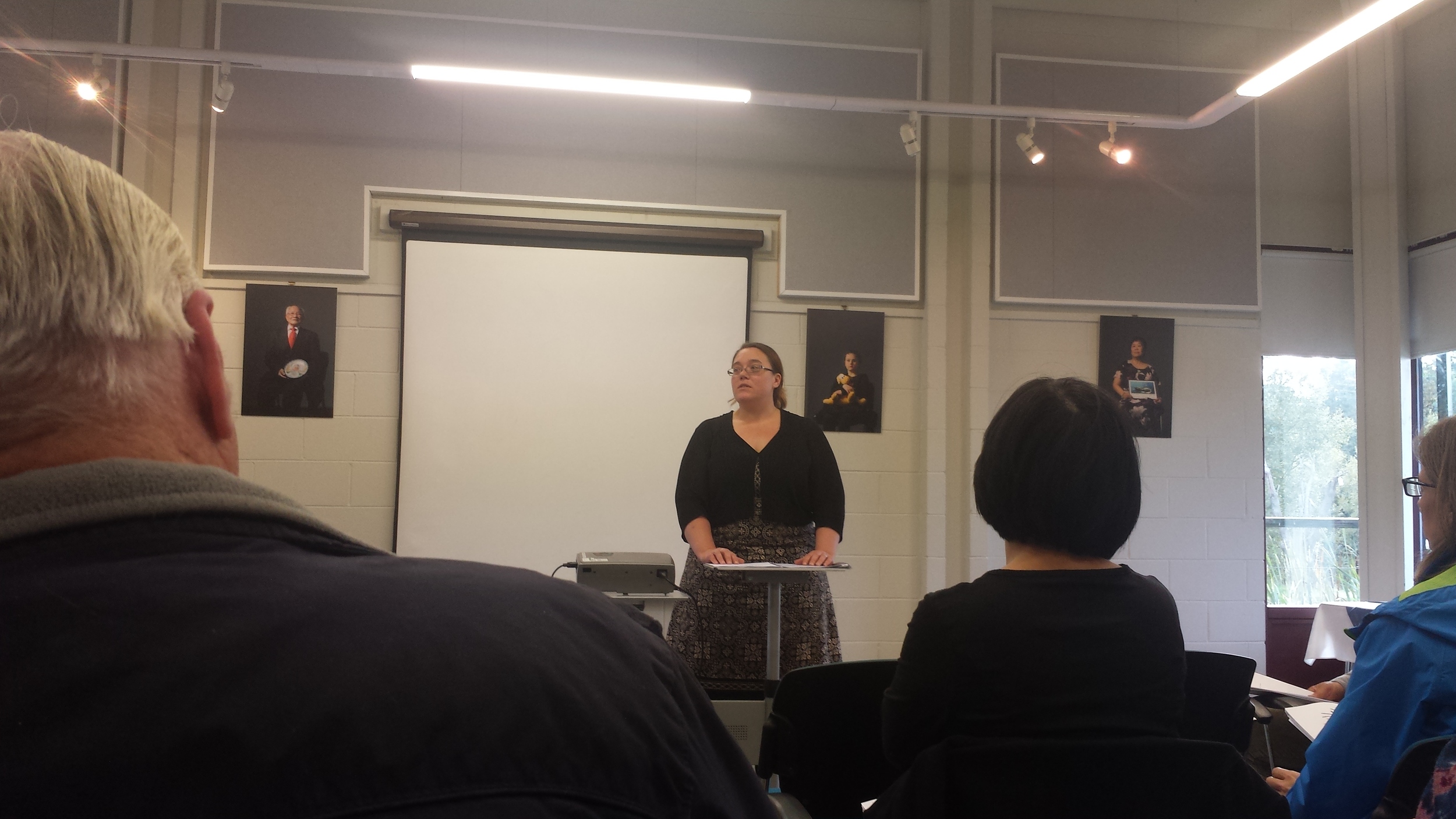'I came to the UK in 1993 to marry my husband who is a British citizen. Before I came we followed the rules and regulations. We went the British High Commission to get my visa; I had an interview and showed letters my fiancé sent me and proof that he could support me i.e. bank statements, deeds of his house, letter from his employers to prove he had a permanent job as well as proof we had met before. Later when I came here I met others who had either come to the UK on tourist or other temporary visas and then got permission to stay here.
A woman I know was allowed to enter the UK after she married a man who had no permanent home or job and had several children for whom he was responsible financially, a few years later the man left her and went abroad, when she fell ill with cancer; at that time they had two very young children and this meant the state had to care for all of them. Another lady married after coming here, and working illegally, so she could stay. Because of these sorts of people those of us who are genuine are treated with suspicion. I have no objection to anyone coming to this country but there cannot be different rules, immigrants must prove as I did they will not be a burden on the state. When I arrived I was forced to undergo an X ray for TB but I have read that disease is growing in the UK because of migrants and I wonder why those entering from countries with high rates of TB are not scanned, my original country does not have high rates of that disease.
In 2005 I had a stroke and was given the carer's component of disability living allowance and the mobility component but after one year these were taken away but when I appealed the carer's component was restored. Later I went before a panel about the mobility allowance and their response was quite obviously motivated by some degree of racial prejudice and was so unpleasant I was affected seriously both in body and mind.
We have always paid our fair share of taxes and when my father in law died we were deprived of quite a large sum of money. I have no objection to the state taking taxes but when I see how it is misdirected I get angry. It seems those who contribute little or nothing get preference when there is anything to be given. In my own case I experienced the revenue checking up on my small income just before one Christmas and they were demanding proof of every penny which spoiled the festive season for all of us; in the end after I had got copies of every document together they closed the case without looking at them because all they wanted to know was how I had bought a house. I was told afterwards that was because my given name was obviously foreign. I have since added an English given name by deed poll.
This is nice country and after marrying I became a British citizen and am proud of my adopted country but I fear for the future of my children because the government does not care for those of us who are British but worries more about everyone else. In my original country there was a policy of discrimination against outsiders and even those of us who were descendants of immigrants but here it is the reverse. Too many migrants do not integrate, are too demanding, complain too much and still think of their homelands.'
Jessica (Poh Kian) was a participant in the Belonging Project. Her interview and portrait can be found here. If you have a story that you'd like to share, send it to internsbmc@gmail.com and we will publish it.
